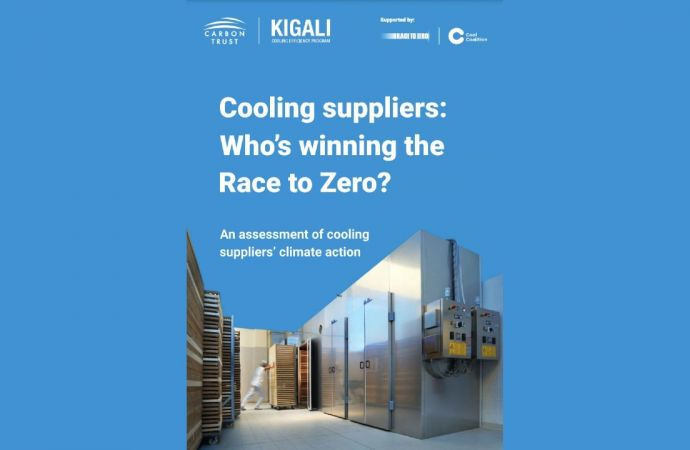Out-dated international standards that arbitrarily restrict the use of hydrocarbons in refrigeration and air conditioning equipment are increasingly seen as a barrier to wider uptake of climate-friendly alternatives to HFCs, it emerged during last week’s Montreal Protocol discussions on managing HFCs in Vienna.

The meetings, held in the Austrian capital on 15-23 July, made significant progress towards securing a global deal on managing HFCs. While significant differences on several key issues are yet to be resolved, hopes are high that an agreement will be reached during the October meeting in Rwanda.
Part of the discussion focused on safety standards for flammable refrigerants that are currently obstructing the safe use of HVAC&R equipment with increased charge sizes. The out-dated standards do not reflect technological progress in improving safety. Revising the standards is now becoming more urgent than ever.
Archaic charge limits not based on scientific evidence
Dr. Daniel Colbourne, a consultant for German international development company GIZ, argued that assumptions made in the current version of international standard IEC 60335-2-40 for residential air conditioning (AC) and heat pumps – the standard according to which current charge limits are established – are not based on scientifically sound measurements. These include an assumed constant leak rate, an assumed leak of the entire charge in four minutes as well as an assumption that an occupied space is gas-tight. From measurements and risk assessment studies performed to evaluate the validity of these assumptions, Colbourne found that none of them are realistic and therefore the charge limits deriving from them impose arbitrary restrictions.
Colbourne also argued that the current standards fail to take account of mitigation measures. Integrating mitigation measures into system design can reduce risks related to increasing the charge to acceptable levels.
While there seems to be a strong desire to update the standards to conform to the latest scientific and technological evidence, Colbourne pointed out that the process of developing standards is so convoluted that it could take 5-10 years to publish an updated version. This could seriously limit the potential of hydrocarbon-based technology.
Increasing charge limits for commercial refrigeration
As described by Marek Zgliczynski, commercial refrigeration R&D manager at Embraco, the revision of international standard IEC 60335-2-89 governing the safety of hermetically-sealed commercial refrigeration equipment is more advanced. For hydrocarbons, the current version of the standard sets a charge limit of 150g per refrigeration circuit. Zgliczynski, who chairs the subcommittee reviewing the standard, argued that the 150g limit is not based on any scientific evidence – just like the standard for AC and heat pumps.
The proposals currently on the table could increase the charge limit for hydrocarbons to 1kg provided that additional safety requirements are met. From today’s perspective, the final revised standard could be published in the second quarter of 2018 provided that no major obstacles emerge along the way.
China requests accelerated, neutral standards revision
In Vienna, China formally called on the Parties to establish regular consultations on safety standards with a view to accelerating the revision of relevant standards in a neutral manner. This should enable the safe use and market adoption of low-GWP alternatives required by the future HFC amendment.
The proposal triggered much discussion, with representatives requesting time to consider possible action. Formal discussion of the proposal was deferred to the Meeting of the Parties in October.
Related stories



